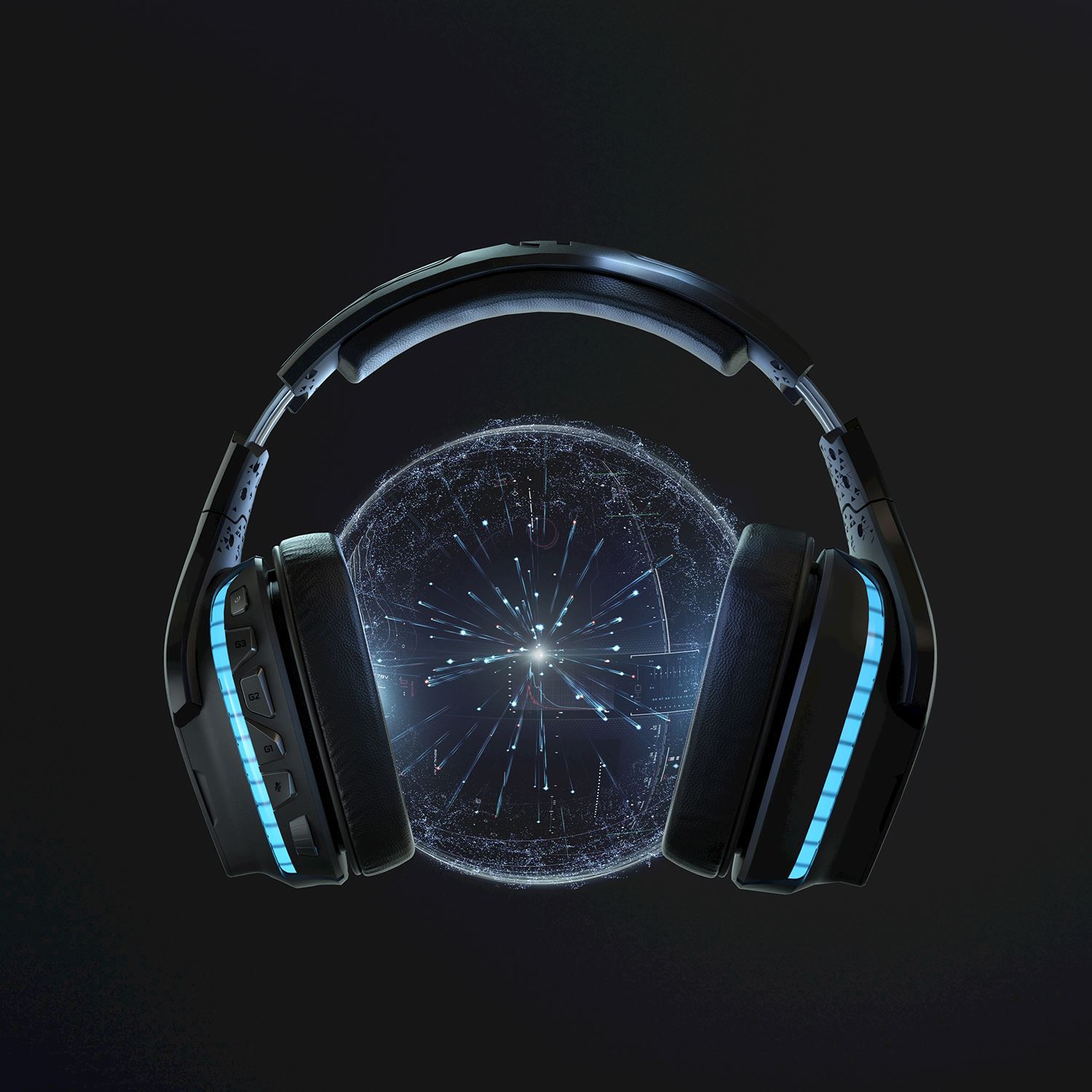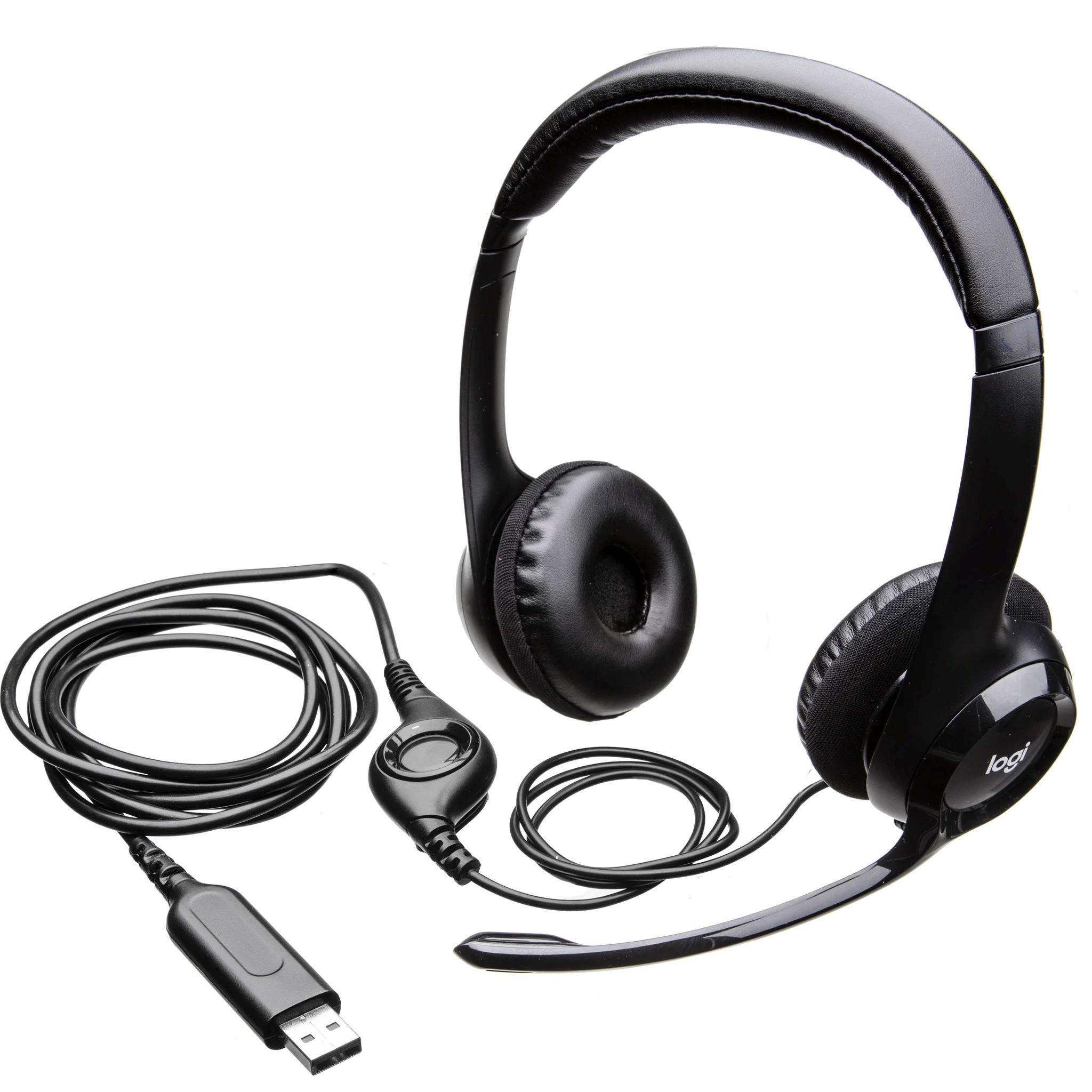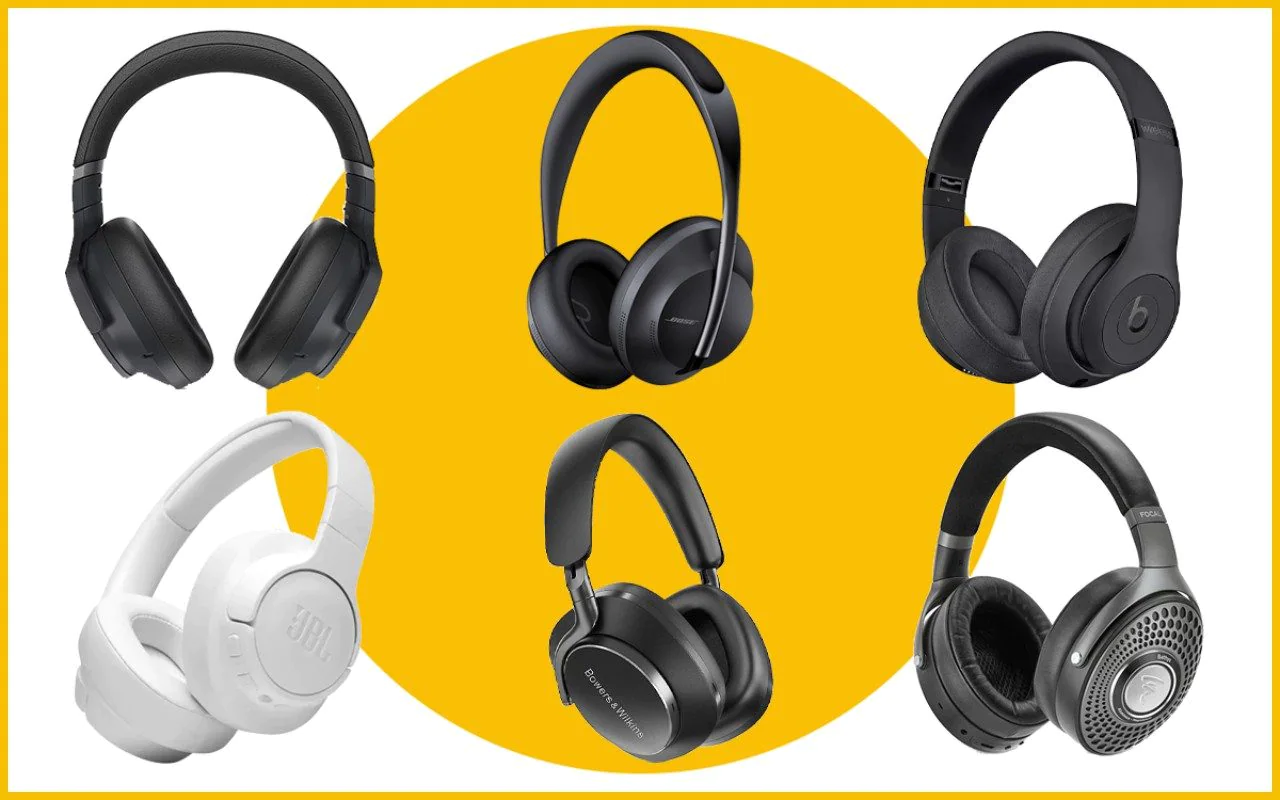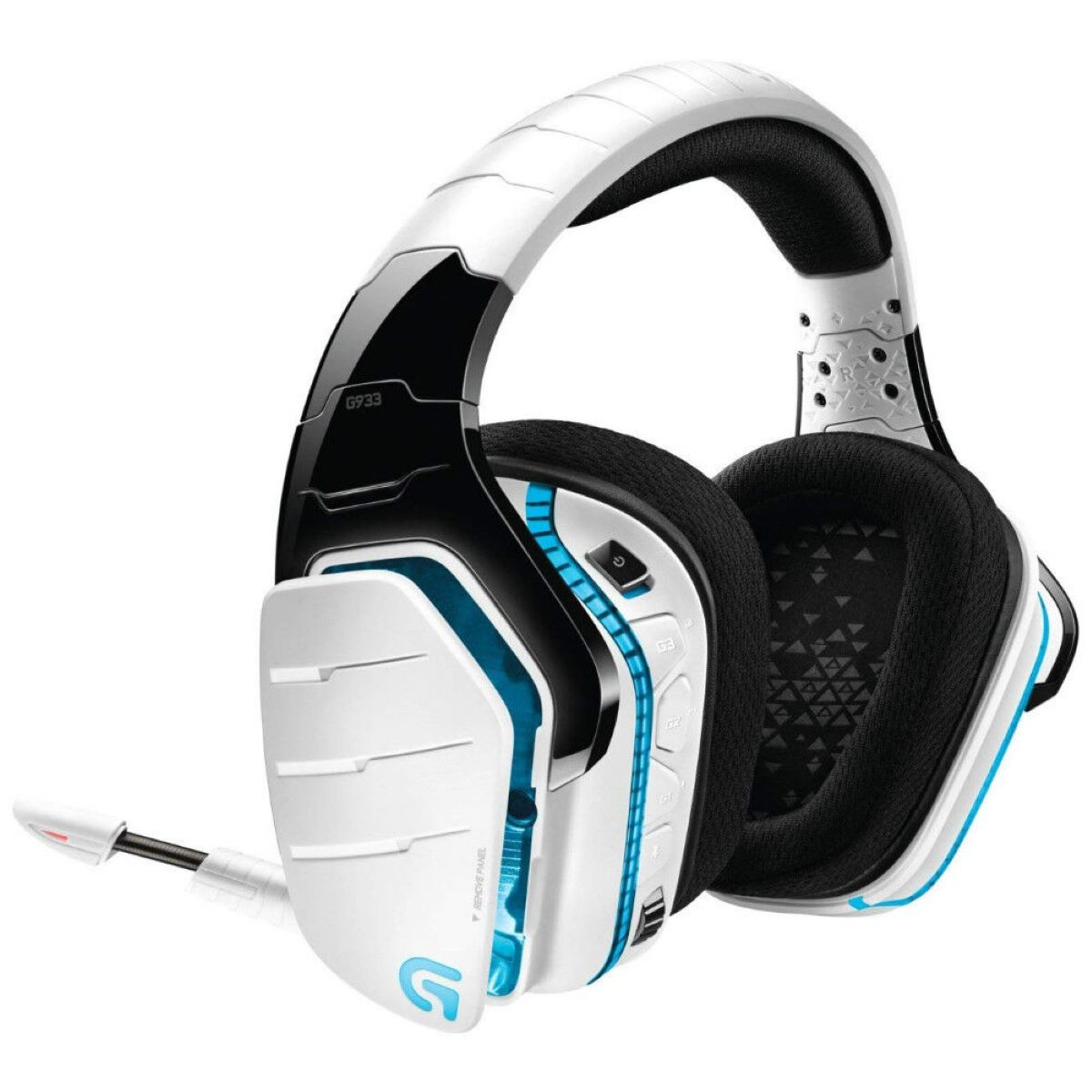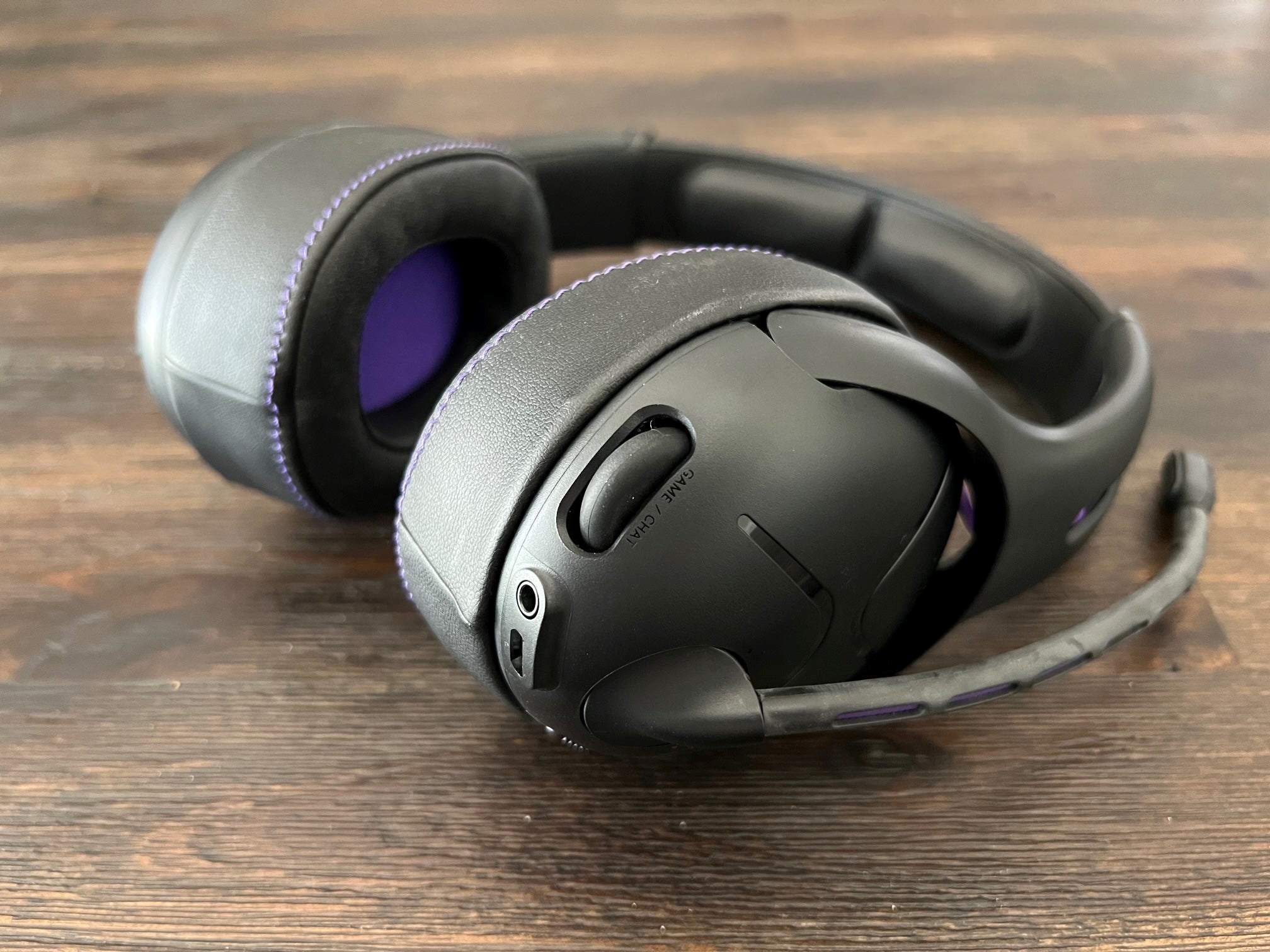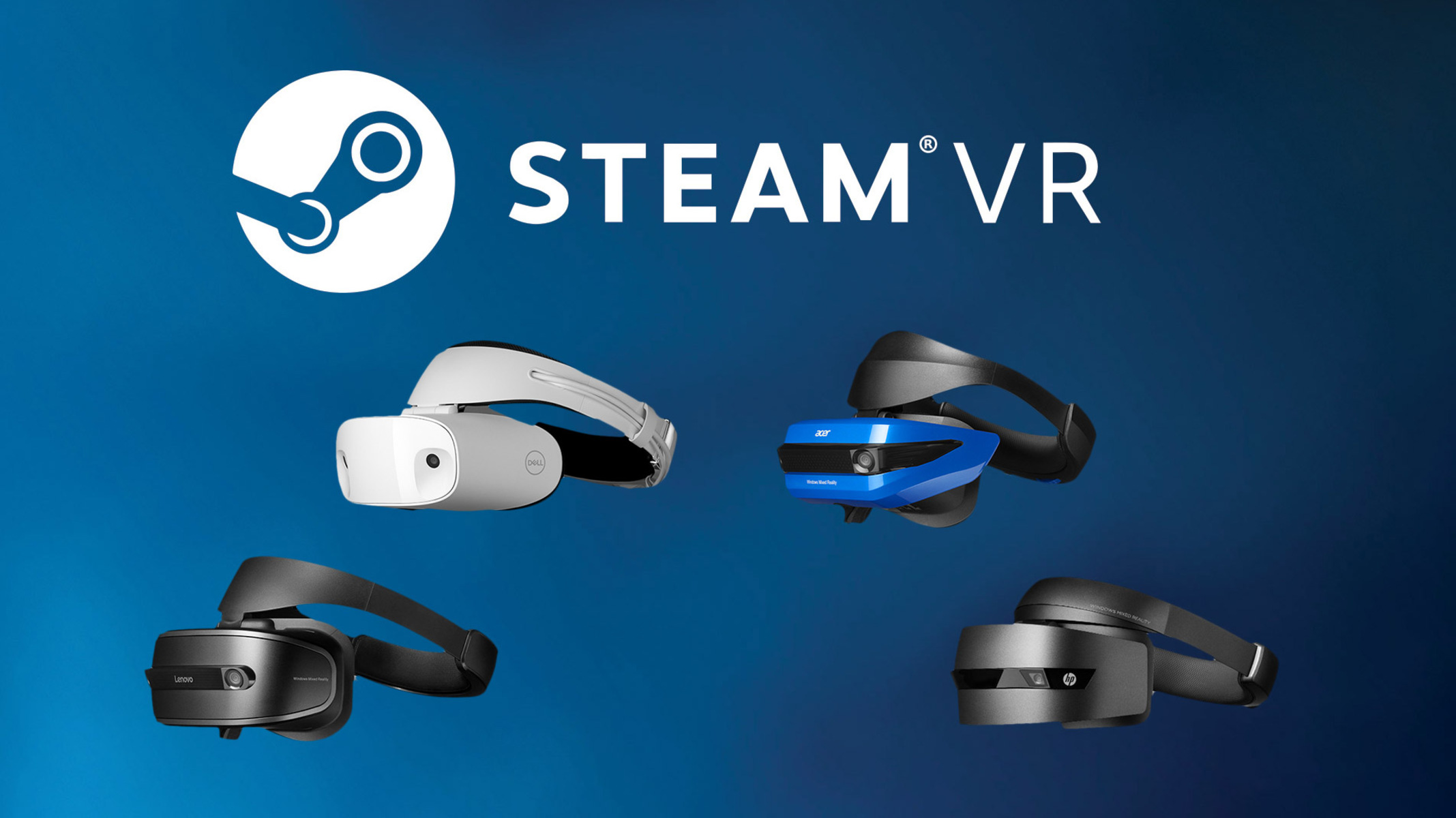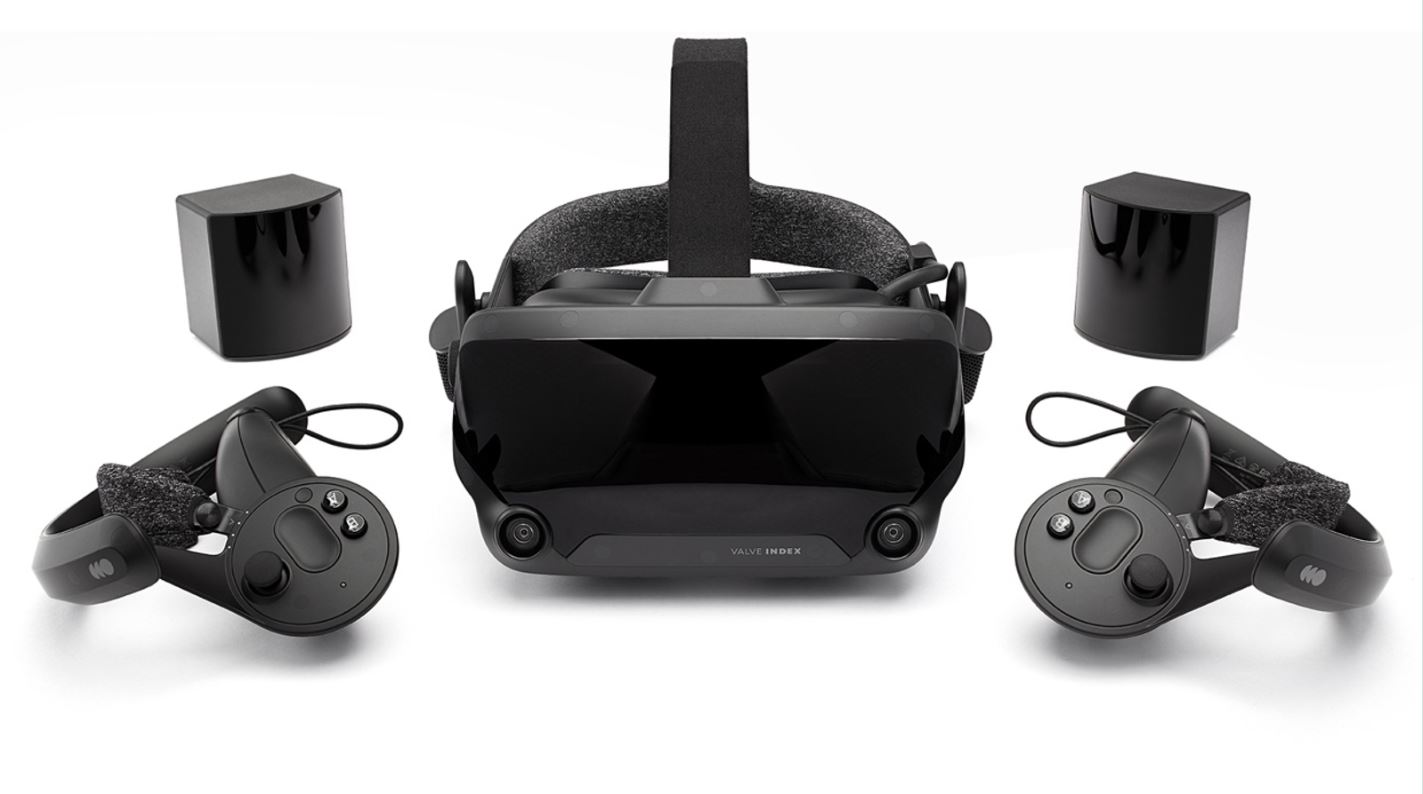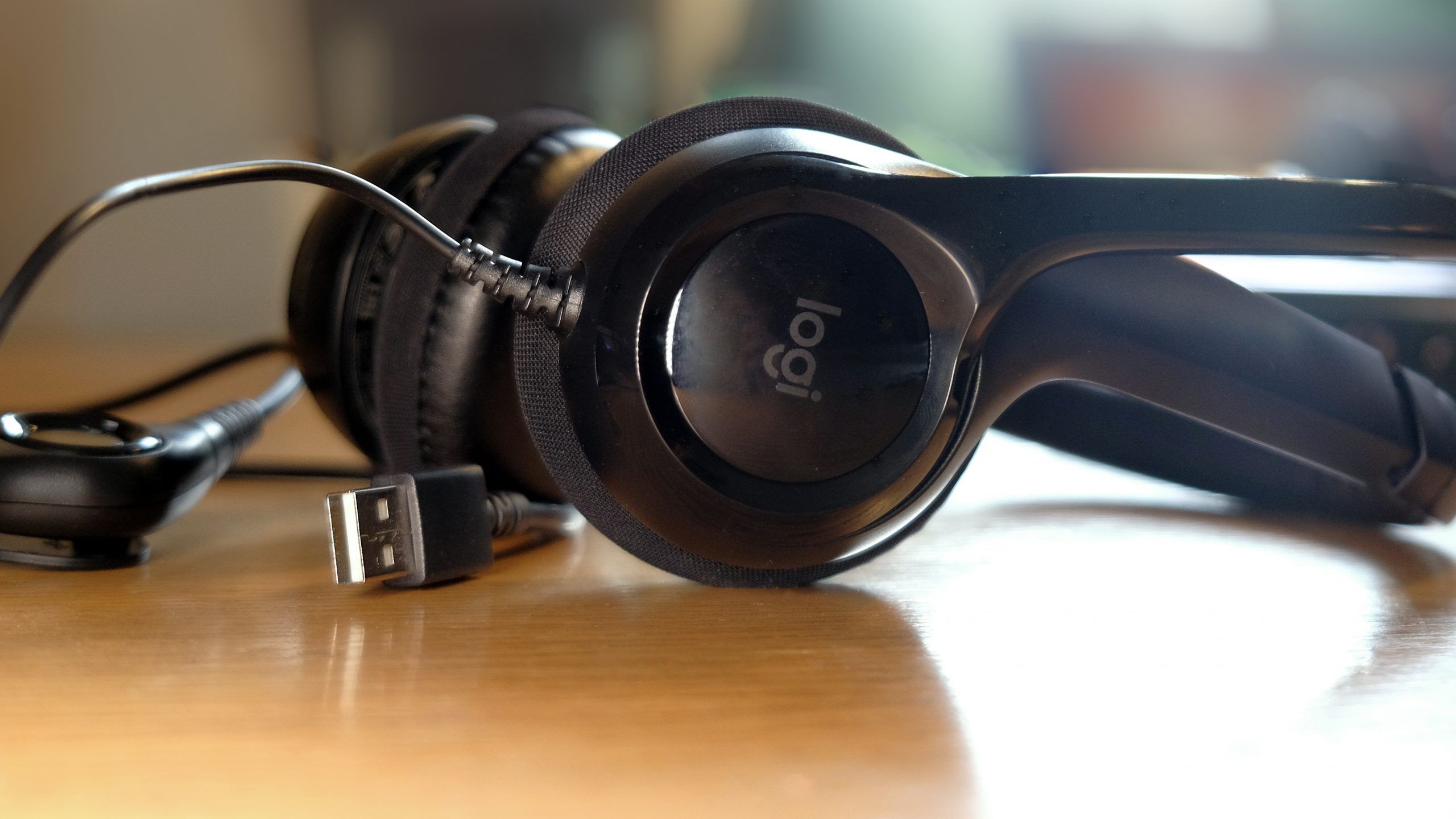Introduction
What Does USB on Gaming Headset Do?
Gaming headsets have become an essential accessory for gamers, providing immersive audio experiences and clear communication with teammates. One of the key features found in many gaming headsets is the USB connection. But what does USB on a gaming headset actually do? In this article, we will delve into the functionality of USB on gaming headsets, exploring its benefits, drawbacks, and how to choose the right gaming headset with a USB connection.
The USB (Universal Serial Bus) connection on a gaming headset serves various purposes, and understanding its role can significantly impact the gaming experience. Whether you are a seasoned gamer or new to the world of gaming headsets, comprehending the significance of USB in this context is crucial for making informed purchasing decisions and optimizing your gaming setup.
As we unravel the mysteries behind the USB on gaming headsets, we will explore its benefits and drawbacks, shedding light on the factors to consider when selecting a gaming headset with a USB connection. By the end of this article, you will have a comprehensive understanding of the USB functionality on gaming headsets, empowering you to make well-informed choices and enhance your gaming experience.
What is USB on Gaming Headset?
USB on a gaming headset refers to the Universal Serial Bus connection that allows the headset to interface with a gaming console, computer, or other compatible devices. Unlike traditional analog connections, USB offers several advantages in terms of audio quality, power delivery, and additional features.
When a gaming headset is equipped with a USB connection, it often includes a built-in digital-to-analog converter (DAC) and amplifier. This digital processing capability enhances the audio signal, resulting in clearer sound reproduction and improved overall audio quality. Additionally, USB connectivity allows for more advanced audio processing and customization through software applications, enabling users to fine-tune their audio settings for optimal gaming experiences.
Furthermore, USB connections can provide power to the headset, eliminating the need for separate power sources or batteries. This not only simplifies the setup process but also ensures consistent power delivery to the headset’s integrated features, such as LED lighting, active noise cancellation, and onboard controls.
Another notable aspect of USB on gaming headsets is the potential for virtual surround sound and spatial audio technologies. By leveraging the digital capabilities of USB, gaming headsets can simulate immersive, multi-directional audio environments, enhancing spatial awareness and positional accuracy during gameplay. This feature is particularly advantageous in competitive gaming scenarios where precise audio cues can provide a strategic edge.
Overall, the USB connection on gaming headsets represents a pivotal advancement in audio technology, offering enhanced audio processing, power delivery, and customization options. As the gaming industry continues to evolve, USB-enabled gaming headsets are poised to deliver increasingly immersive and personalized audio experiences, catering to the diverse needs of gamers across different platforms and genres.
Benefits of USB on Gaming Headset
The USB connectivity on gaming headsets brings forth a multitude of benefits that significantly enhance the gaming experience. These advantages encompass audio quality, power delivery, customization options, and compatibility across various platforms.
- Enhanced Audio Quality: USB-enabled gaming headsets often feature built-in digital-to-analog converters (DACs) and amplifiers, resulting in superior audio fidelity and clarity. The digital processing capabilities of USB connections enable precise audio reproduction, capturing nuanced soundscapes and delivering immersive gaming experiences.
- Power Delivery: USB connections provide power to the gaming headset, eliminating the need for separate batteries or power sources. This streamlined power delivery ensures consistent performance of integrated features such as LED lighting, active noise cancellation, and onboard controls, enhancing convenience for gamers.
- Customization Options: USB-enabled gaming headsets leverage software applications to offer extensive customization options for audio settings. Users can fine-tune equalization, adjust virtual surround sound parameters, and personalize audio profiles, tailoring the headset’s audio output to their preferences and gaming requirements.
- Virtual Surround Sound: USB connectivity facilitates the implementation of virtual surround sound and spatial audio technologies, creating immersive, multi-directional audio environments. This feature enhances spatial awareness in games, allowing players to pinpoint the direction of in-game sounds with precision, thereby improving overall gameplay immersion and competitive advantage.
- Platform Compatibility: USB connections ensure broad compatibility across gaming platforms, including PCs, gaming consoles, and other USB-enabled devices. This versatility allows gamers to seamlessly use their USB-equipped headsets across different platforms, providing flexibility and convenience in gaming setups.
Collectively, the benefits of USB on gaming headsets encompass superior audio quality, streamlined power delivery, extensive customization options, immersive spatial audio technologies, and broad platform compatibility. These advantages underscore the pivotal role of USB connectivity in shaping the modern gaming headset landscape, catering to the evolving needs and preferences of gamers across diverse gaming environments.
Drawbacks of USB on Gaming Headset
While USB connectivity offers numerous advantages for gaming headsets, it is important to consider potential drawbacks associated with this technology. Understanding these limitations can aid gamers in making informed decisions when selecting a gaming headset that best aligns with their preferences and gaming setup.
- Compatibility Limitations: Some gaming consoles and devices may have limited support for USB-connected audio devices, potentially restricting the use of USB-enabled gaming headsets across different platforms. This can pose challenges for gamers who prefer seamless compatibility across various gaming systems.
- Software Dependency: USB-enabled gaming headsets often rely on proprietary software for advanced audio processing and customization. While this allows for extensive audio adjustments, it can lead to software dependency issues, particularly if the software is not compatible with certain operating systems or requires frequent updates.
- Port Availability: The reliance on USB connections for gaming headsets may consume available USB ports on gaming consoles or PCs, especially in setups with limited USB ports. This can potentially limit the connectivity of other peripherals or devices, necessitating the use of USB hubs or alternative connection options.
- Complex Setup: USB-enabled gaming headsets, particularly those with advanced audio processing features, may entail a more intricate setup process compared to analog counterparts. Configuring software settings, firmware updates, and driver installations can introduce complexities that may be daunting for some users.
- Power Consumption: USB-powered headsets draw power from the connected device, which can impact battery life on portable devices such as laptops or gaming controllers. This consideration is particularly relevant for gamers who prioritize extended gaming sessions without the need for frequent recharging.
While USB connectivity on gaming headsets offers compelling benefits, including enhanced audio quality and customization options, it is essential to acknowledge the potential drawbacks related to compatibility limitations, software dependency, port availability, setup complexities, and power consumption. By weighing these considerations alongside the desired gaming experience and usage scenarios, gamers can make informed choices when selecting gaming headsets with USB connectivity.
How to Choose the Right Gaming Headset with USB
When seeking a gaming headset with USB connectivity, several key factors should be considered to ensure an optimal gaming experience tailored to individual preferences and requirements. By evaluating these factors, gamers can make informed decisions and select a USB-equipped gaming headset that aligns with their gaming setup and audio preferences.
- Audio Quality and Features: Assess the audio capabilities and features offered by the gaming headset. Look for specifications such as the presence of a high-quality DAC, amplifier, and support for virtual surround sound technologies. Additionally, consider features like customizable audio profiles and advanced audio processing options to suit different gaming scenarios.
- Compatibility: Determine the compatibility of the gaming headset with gaming platforms and devices. Ensure that the USB-connected headset is compatible with the gaming console, PC, or other devices you intend to use for gaming. Verify the availability of drivers or software support for seamless integration.
- Comfort and Build Quality: Prioritize comfort and durability when selecting a gaming headset. Factors such as cushioned ear cups, adjustable headbands, and lightweight design contribute to long-term comfort during extended gaming sessions. Additionally, assess the build quality and materials to ensure the headset’s longevity.
- Microphone Quality: Evaluate the microphone quality and features if in-game communication is essential. Look for noise-canceling microphones, flexible boom arms, and clear voice transmission to facilitate effective communication with teammates during multiplayer gaming sessions.
- Customization and Software: Consider the availability of software support for the gaming headset. Assess the usability and compatibility of the accompanying software for customizing audio settings, creating personalized audio profiles, and accessing firmware updates to optimize the headset’s performance.
- Power and Connectivity: Determine the power delivery and connectivity options offered by the USB-connected gaming headset. Verify if the headset draws power solely from the USB connection and assess the impact on battery life for portable devices. Additionally, consider the availability of inline controls and connectivity options for other devices.
By carefully evaluating factors such as audio quality, compatibility, comfort, microphone features, customization options, and power delivery, gamers can effectively choose the right gaming headset with USB connectivity. These considerations enable gamers to select a headset that not only meets their audio and communication needs but also integrates seamlessly with their gaming setup, enhancing overall gaming experiences.
Conclusion
As technology continues to advance, the role of USB connectivity in gaming headsets has become increasingly prominent, offering a host of benefits while presenting certain considerations for users. The USB connection empowers gaming headsets with enhanced audio processing, power delivery, customization options, and broad platform compatibility, contributing to immersive and personalized gaming experiences.
While the drawbacks of USB connectivity, such as compatibility limitations, software dependency, port availability, setup complexities, and power consumption, warrant careful consideration, the overall impact of USB on gaming headsets remains undeniably positive. The ability to harness advanced audio technologies, seamless power delivery, and versatile customization options underscores the pivotal role of USB connectivity in shaping the modern gaming headset landscape.
When selecting a gaming headset with USB connectivity, users are encouraged to prioritize factors such as audio quality, compatibility, comfort, microphone features, customization options, and power delivery. By carefully evaluating these considerations, gamers can make informed decisions and choose a USB-equipped gaming headset that seamlessly integrates with their gaming setup while delivering exceptional audio performance and functionality.
In conclusion, the USB connection on gaming headsets represents a significant advancement in audio technology, offering a myriad of benefits that enrich the gaming experience. By understanding the implications of USB connectivity and making informed choices when selecting gaming headsets, gamers can unlock the full potential of USB-enabled audio solutions, immersing themselves in captivating audio landscapes and seamless communication during gaming endeavors.









